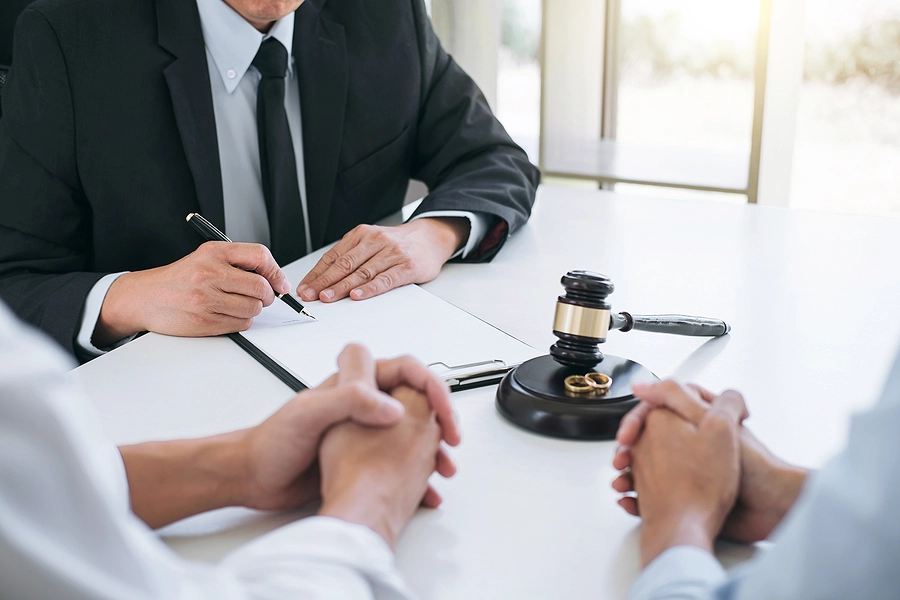Understanding the Discovery Process in Personal Injury Litigation

The discovery phase is a crucial part of personal injury litigation in Florida. This process involves both parties gathering and exchanging information to build their respective cases. Understanding the discovery phase can help you better prepare for your personal injury lawsuit. Here’s an overview of what you need to know about the discovery process in personal injury cases.
What Is Discovery?
Discovery is a pre-trial phase where both parties in a lawsuit obtain evidence from each other. The purpose is to ensure that both sides are fully informed about the facts and evidence, which helps in preparing for trial and encourages settlements by clarifying the issues.
Types of Discovery Methods
- Interrogatories: These are written questions that one party sends to the other. The recipient must respond in writing, under oath, within a specified timeframe. Interrogatories help clarify facts and gather detailed information about the case.
- Requests for Production: This involves asking the other party to produce documents, records, or other tangible evidence relevant to the case. This might include medical records, accident reports, or correspondence.
- Depositions: Depositions are formal, recorded questioning of witnesses or parties involved in the case. The questions are asked under oath, and the answers are transcribed by a court reporter. Depositions provide a detailed account of a witness’s testimony and can be used to assess credibility.
- Requests for Admissions: These are statements that one party asks the other to admit or deny. The purpose is to simplify the issues by establishing certain facts as true or false, reducing the number of disputes that need to be resolved at trial.
- Physical and Mental Examinations: In some cases, the court may order physical or psychological examinations of the parties involved. This is typically done to assess the extent of injuries or mental health conditions related to the personal injury claim.
Purpose of Discovery
- Fact-Finding: Discovery helps both parties gather essential facts about the case. This includes understanding the evidence that will be presented, identifying witnesses, and assessing the strengths and weaknesses of each side’s arguments.
- Preparing for Trial: By reviewing the information obtained during discovery, both parties can prepare their strategies for trial. This includes planning arguments, preparing witnesses, and anticipating the other party’s evidence and arguments.
- Facilitating Settlement: With a clearer understanding of the case’s details, both parties may be more inclined to negotiate a settlement. Discovery can reveal the strengths and weaknesses of each side’s case, making it easier to reach an agreement.
How Discovery Works in Florida
- Timeline: In Florida, the discovery phase typically begins after the initial pleadings have been filed and continues until the close of discovery, which is set by the court. The timeline for discovery can vary depending on the complexity of the case and the court’s schedule.
- Rules and Procedures: Florida follows specific rules regarding discovery, outlined in the Florida Rules of Civil Procedure. These rules dictate how and when discovery must be conducted, including deadlines for responses and the scope of permissible discovery.
- Motion to Compel: If one party fails to comply with discovery requests, the other party can file a motion to compel. This request asks the court to order the non-compliant party to provide the requested information or documents.
Challenges in Discovery
- Objections: Parties may object to certain discovery requests on grounds such as relevance, privilege, or undue burden. The court may need to resolve these disputes if the parties cannot reach an agreement.
- Incomplete or Evasive Responses: Sometimes, responses to discovery requests may be incomplete or evasive. In such cases, the requesting party may need to file a motion to compel or seek other legal remedies to obtain the necessary information.
Role of Your Attorney
- Guidance and Strategy: Your attorney plays a critical role in navigating the discovery process. They will draft and respond to discovery requests, prepare for depositions, and ensure that all relevant evidence is collected and reviewed.
- Ensuring Compliance: Your attorney will also ensure that you comply with discovery requests and meet all deadlines. They will work to address any issues or disputes that arise during the discovery phase.
Conclusion
The discovery process is a fundamental part of personal injury litigation in Florida. It involves various methods for gathering and exchanging information that are crucial for building a strong case. By understanding how discovery works and working closely with your personal injury attorney, you can effectively navigate this phase and prepare for a successful resolution of your personal injury claim.
